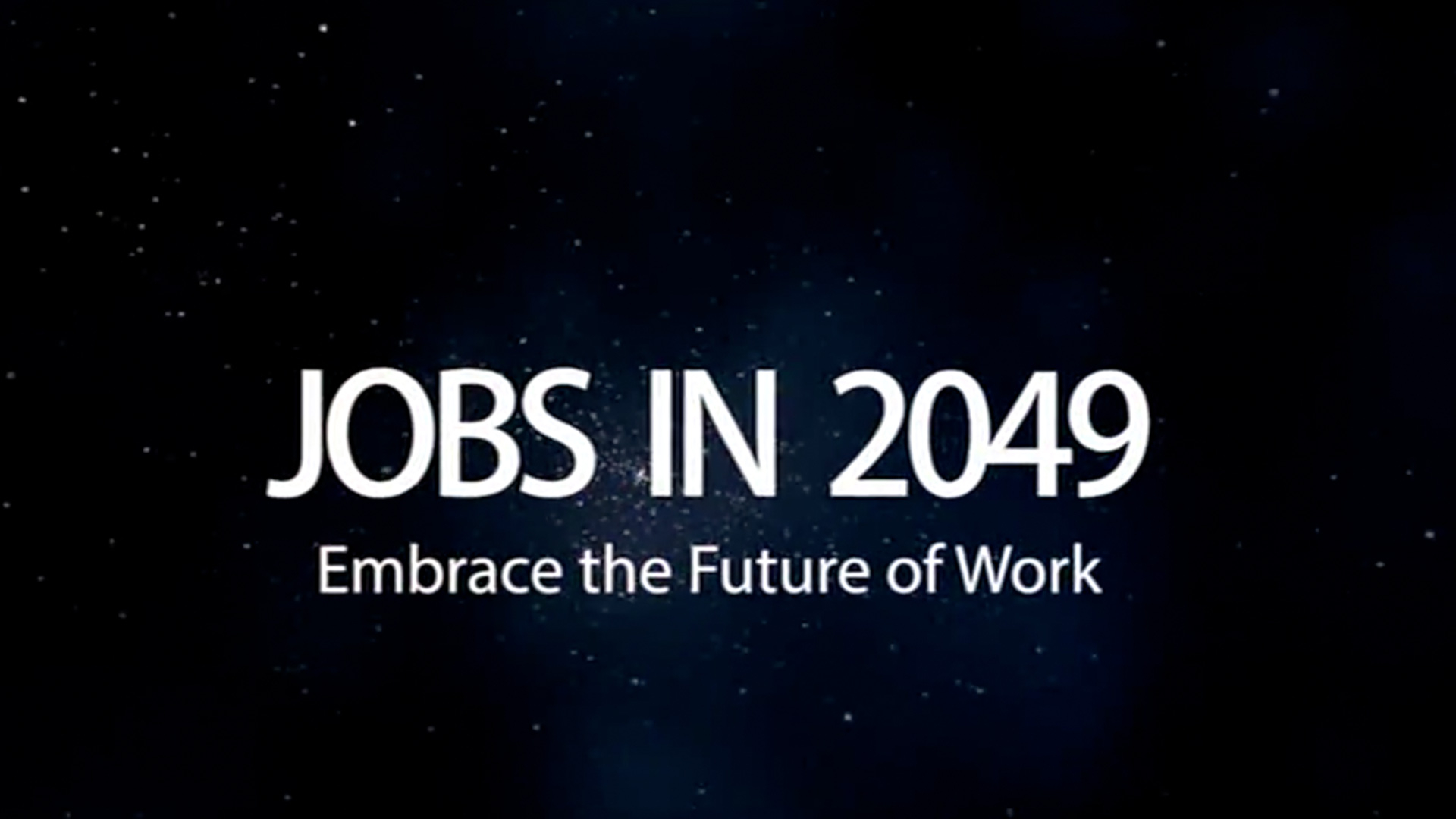
Tech & Sci
20:23, 29-Nov-2018
The future of work: How will technology shape it?
Updated
19:49, 02-Dec-2018
By Shao Cong
01:12

Be aware! Robots are coming for your jobs. A new wave of technology and innovation is beginning to disrupt the workplace on a global scale. It creates a tremendous opportunity for faster productivity growth, but also a potential disruption to job markets.
The future of work is one of the focuses at this year's G20 summit in Buenos Aires, Argentina. Leaders from the member countries will discuss how to promote digital-industrial innovation to create stronger high-quality employment as well as faster economic growth.
Artificial intelligent (AI) has developed to a stage where robots can save a lot of trouble. It seems to be fascinating when we imagine such a scenario: robots do the tedious housework, drive us to work, protect us on the border. It also saves a lot of human labor when there are automatic assembly lines in the factories. To some extent, innovation can entirely change the way we live and work.
However, such highly-developed technology in the workplace brings challenges. The main concern is how many jobs robots will take from humans. Some sections of the workforce have already been displaced due to technological changes. Meanwhile, workers are facing more risks, because wages can fall as technology allows employers to automate or trade more tasks.
Avoiding these disruptions is always the goal while applying innovation in the real world. As new technologies rely a lot on platforms, ecosystems and collaboration frameworks, coordinated action by G20 nations will be essential to maximize the benefits and minimize the disruptions.

SITEMAP
Copyright © 2018 CGTN. Beijing ICP prepared NO.16065310-3
Copyright © 2018 CGTN. Beijing ICP prepared NO.16065310-3